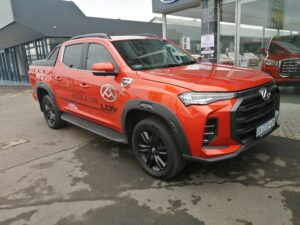
While countries like Iran, Libya, and Venezuela fill up a tank for less than R30, South African motorists shell out over R1,000 for the same amount of petrol.But what drives these differences, and why is South Africa paying such a premium?
Why Fuel Costs Less in Some Countries
Three factors make cheap petrol possible in countries like Iran and Venezuela:
- Oil Abundance: These nations are among the world’s top oil producers, giving them access to a steady supply of crude oil.
- Government Subsidies: Fuel is heavily subsidised to keep prices low for citizens, often at the cost of economic sustainability.
- Economic Conditions: In struggling economies, low fuel prices act as a buffer for poverty-stricken populations.
In South Africa, the lack of domestic oil reserves and refining capacity means reliance on expensive imports. Add to this a complex pricing formula, and it’s clear why South Africans pay significantly more.
The Anatomy of South Africa’s Petrol Price
Every litre of fuel bought in South Africa includes multiple layers of cost:
- Basic Fuel Price: Covers the crude oil cost, freight, and storage.
- Retail and Distribution Margins: Compensates wholesalers and retailers.
- Taxes and Levies: Includes the General Fuel Levy (GLF) and Road Accident Fund (RAF) levy, which together account for a large portion of the pump price.
These levies are crucial revenue streams for the government, making any reduction unlikely.
Can Deregulation Offer Relief?
Proposals to deregulate the fuel industry have gained momentum in recent years. Advocates believe allowing petrol stations to set their own prices could spark competition, potentially reducing costs by up to R9 per litre.
However, sceptics argue that deregulation could backfire. Smaller margins for retailers and logistical challenges might limit the price drop, offering little relief for consumers.
Lessons from Abroad
Countries like Hong Kong, which has the world’s highest petrol prices, have shown that investment in public transport can offset the impact of costly fuel.
South Africa could benefit from similar strategies, particularly in urban areas where reliance on private vehicles is high.
A Way Forward
President Cyril Ramaphosa’s promise to review the country’s petrol pricing formula is a step in the right direction.
However, meaningful change will require bold moves, including exploring renewable energy alternatives and improving public transport infrastructure.
Until then, South Africans must continue to navigate the realities of high fuel prices — a burden shared by many developing nations reliant on imported energy.



